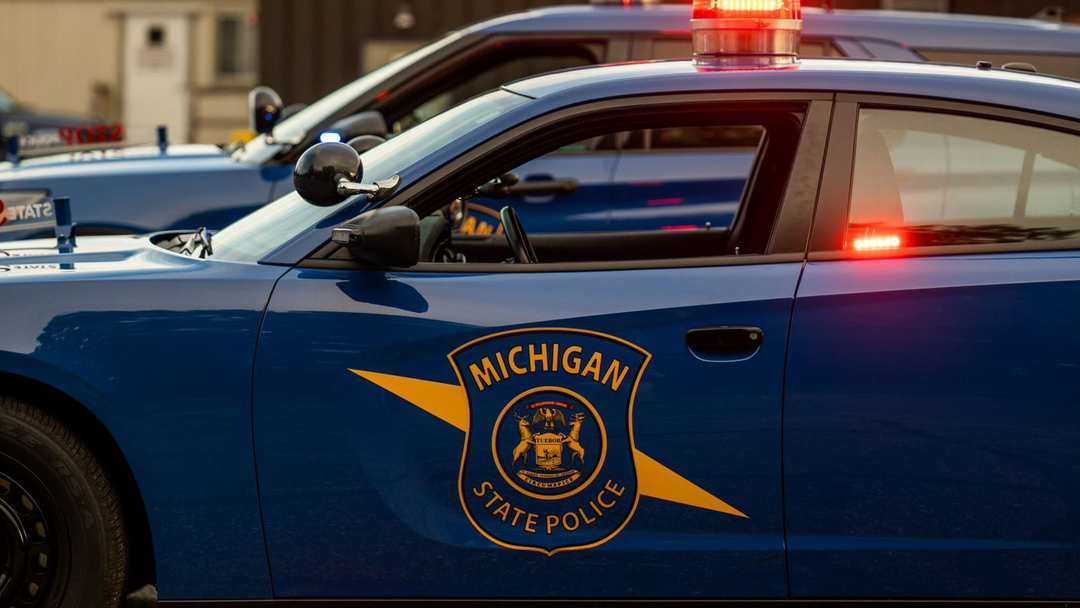Michigan’s Rules of Evidence, established by the Supreme Court, dictate how evidence is presented and admitted in court proceedings. Rules 1001 through 1008, focusing on how written words, recordings, and photographs are treated as evidence.
Rule 1001: Defining the Terms
Before diving into details, Rule 1001 lays the groundwork by defining key terms:
- Writing: Any combination of letters, words, numbers, or their equivalent, regardless of format (handwritten, digital, etc.).
- Recording: Similar to writing, but encompassing sounds captured in any form (audio tapes, digital recordings, etc.).
- Photograph: An image or its equivalent stored in any format (printed photographs, digital files, etc.).
- Original: The primary version of a writing, recording, or photograph, or an authorized duplicate intended to have the same effect. For electronic information, a printout or other readable output that accurately reflects the data constitutes an original.
Rule 1002: The Quest for the Original
Generally, Rule 1002 emphasizes using the original document, recording, or photograph as evidence. This ensures authenticity and accuracy. However, exceptions exist:
- Duplicates: If the original is unavailable or difficult to produce, a duplicate (exact copy) certified by the custodian of the original is admissible.
- Voluminous Materials: For extensive records like business ledgers, summaries or compilations prepared by a qualified witness using the original are acceptable.
- Lost or Destroyed Originals: Proof of loss or destruction, coupled with secondary evidence like copies or witness testimony, might allow entry of non-originals.
Rule 1003: Duplicates Step Up in Absence of Originals
When the original is unavailable and exceptions in Rule 1002 don’t apply, certified duplicates take center stage under Rule 1003. However, the opposing party has the right to challenge the authenticity of the duplicate.
Have your rights been violated?
Have your driving priviledges been revoked?
Has your professional license been suspended?
Second Amendment rights taken away?
Have you been charged with a crime?
Call our office to see if we can help
Komorn Law 248-357-2550
Rule 1004: When Copies Don’t Cut It
If neither the original nor a certified duplicate are available, Rule 1004 allows “other evidence of contents.” This could include oral testimony about the contents, copies not certified by the custodian, or even handwritten notes summarizing the original. However, such evidence faces a higher bar for admissibility due to concerns about accuracy and trustworthiness.
Rule 1005: Public Documents Take a Shortcut
For publicly available documents like government records, certified copies readily obtainable from the custodian bypass the original requirement under Rule 1005.
Rule 1006: Summaries of voluminous records get a green light
Rule 1006 reiterates the allowance for summaries of voluminous records if the original would be cumbersome to present. Here, the summary must be prepared by a qualified witness accurately reflecting the original’s substance.
Rule 1007: Parties Can Speak for Their Words
Rule 1007 empowers parties in a case to testify about the contents of their own writings, recordings, or photographs. This helps clarify ambiguities or resolve questions about intent.
Rule 1008: Judge and Jury Take Their Roles
Finally, Rule 1008 clarifies how judges and juries handle certain issues:
- The judge decides whether certain conditions are met for admitting evidence of contents under these rules.
- The jury decides if the writing ever existed, if a presented document is the original, or if secondary evidence accurately reflects the content.
These eight rules form the foundation for handling written, recorded, and photographic evidence in Michigan courts. Remember, this is just a summary; actual legal proceedings should involve consulting legal professionals for accurate interpretation and application of these rules.

Important:
This article provides a simplified overview of the Michigan Rules of Evidence for informational purposes only. It should not be interpreted as legal advice. When facing legal matters, always consult with a qualified attorney for professional guidance.
The Michigan Rules of Evidence are subject to change over time. Always consult the latest official version for accurate information.
Here is the link to the Michigan Rules of Evidence Handbook. Check the footer for the latest update.
Here is the link to proposed changes Michigan Court Website
Related Articles (see more posts after)
No Results Found
The page you requested could not be found. Try refining your search, or use the navigation above to locate the post.
More Posts

Warrantless Searches in Michigan
I don't need a warrant for that...In Michigan, as in the rest of the United States, the Fourth Amendment of the fading Constitution provides individuals with protection against unreasonable searches and seizures by law enforcement. Generally, this means that police...

One of Michigan’s Top DUI Attorneys
We aggressively defend all aspects of traffic law, from simple civil infractions to more serious alcohol and drug-related offenses. Don't wait till the last second to get an attorney. That's how you lose.Why Attorney Michael Komorn is one of Michigan’s Top DUI...

Michigan DUI Laws and Consequences – Second Offense
Michigan DUI Laws and Consequences – Second Offense Operating Under the Influence (OUI) is a serious offense in Michigan. If someone is caught driving under the influence of alcohol or drugs, they can face severe penalties. When it comes to a second offense, the...

Federal Ban on Owning Firearms by Cannabis Consumers is Unconstitutional Court Says
Federal charges against a non-violent, cannabis-using gun owner were unconstitutional.A federal appeals court panel upheld a lower court's ruling on Wednesday, declaring that federal charges against a non-violent, cannabis-using gun owner were unconstitutional. “The...

AG Nessel joined 21 attorneys general to regulate the sale of firearms
Extreme Risk Protection Order to prevent individuals from possessing or owning a firearm for eight years following their conviction. That legislation was signed into law by Governor Gretchen Whitmer in November of 2023.Michigan Attorney General Dana Nessel has joined...

Michigan DUI Laws and Consequences – First Offense
First Offense DUI in Michigan: Laws and ConsequencesFacing a first offense DUI in Michigan can be daunting as the implications are significant and the legal landscape is complex. Understanding the laws surrounding Operating While Intoxicated is essential, as these...

Court Ruling – No bonus for growing weed
COURT RULING – SORRY NO BONUS FOR GROWING CANNABISA marijuana farm worker is unable to succeed in his breach-of-contract lawsuit regarding a $100,000 bonus he claims to be owed for producing a healthy harvest of 1400 pounds of dry cannabis crop as the contract is...

Cannabis workers claimed employer violated labor laws
Allegedly had to put on company-issued personal protective equipment (“PPE”) (such as masks, hair nets, arm sleeves, gloves, scrubs, and protective shoes) before clocking in Close to 1.2 milion settlement for 134 cannabis workers alleging wage violations under federal...

The MSP is Concerned About Your Privacy (Vehicle Information)
Is the Michigan State Police really concerned about your Driver License and Motor Vehicle Information privacy?Here's what they say on their websiteThe Michigan State Police (MSP) is committed to protecting the privacy of your potentially personally identifiable data...

The MSP is Concerned About Your Privacy (Biometric Information)
Is the Michigan State Police really concerned about your DNA / biometric privacy?Here's what they say on their websiteThe Michigan State Police (MSP) is committed to protecting the privacy of your potentially personally identifiable data (PPID) in a strong and...











